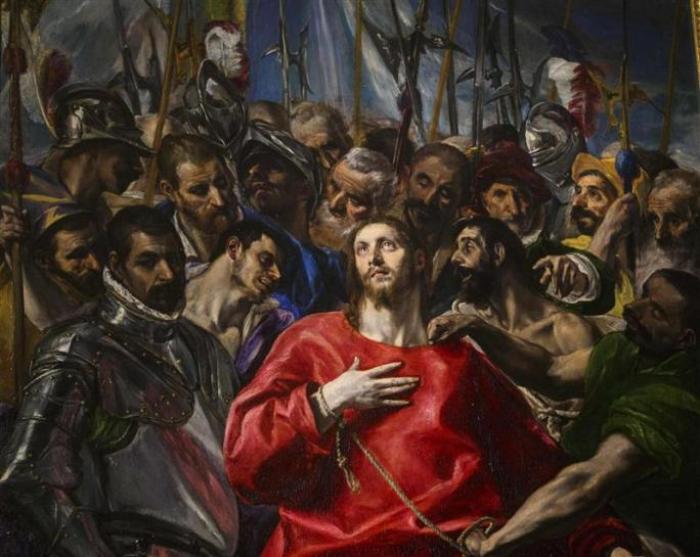Latin Bible Commentary Lost for 1,500 Years Rediscovered, Interprets Jesus Stories in Matthew

Researchers at the Cologne Cathedral Library in Germany have rediscovered a piece of Latin commentary on the Bible that had been lost for 1,500 years that provides interpretations of biblical stories about Jesus Christ.
The Catholic News Agency reported on Tuesday that the English translation of the Latin commentary was published earlier this week. The 160-chapter document was written in the fourth century by Italian bishop Fortunatianus of Aquileia, and for a time had been considered permanently lost or destroyed.
As The Conversation reported last week, the discovery offers insight into the way the early Church read and understood the Gospels.
"So, for example, when Jesus climbs into a boat on the Sea of Galilee, Fortunatianus explains that the sea which is sometimes rough and dangerous stands for the world, while the boat corresponds to the Church in which Jesus is present and carries people to safety," the article stated, referring to the passage in Matthew.
"There are also moments of insight into the lives of fourth century Italian Christians, as when the bishop uses a walnut as an image of the four Gospels or holds up a Roman coin as a symbol of the Trinity," it added.
Lukas Dorfbauer, a researcher from the University of Salzburg, originally rediscovered the commentary back in 2012, in the form of an unmarked manuscript at the time.
Hugh Houghton, the deputy director at the Institute for Textual Scholarship and Electronic Editing at the University of Birmingham, said he compared the quotations in the Cologne manuscript with the university's extensive databases.
"Parallels with texts circulating in northern Italy in the middle of the fourth century offered a perfect fit with the context of Fortunatianus," Houghton said, adding that digital technology was also used in the research.
He offered that the discovery is of "considerable significance to our understanding of the development of Latin biblical interpretation, which went on to play such an important part in the development of Western thought and literature."
The full English translation of the commentary, which was made available online, features many other of Fortunatianus' interpretations about the Gospels.
In one instance he quotes from Matthew 15:29–31, which reads: "And when Jesus had crossed over from there, He again came beside the Sea of Galilee and going up onto a mountain, He sat there. And crowds came up to Him with people who were lame, blind, crippled, mute and many others, and they cast themselves at His feet and He cured all of them, so that the crowds were amazed."
The fourth century Italian bishop offers in the commentary:
"The evangelist relates that the Lord went up a mountain and there cured many people who had various sicknesses. For the prophet relates that such signs would come to pass at the coming of the Lord, that the lame would be cured, the blind would receive sight, the crippled would regain soundness of body and the mute would speak.
"Even though we can see that these were fulfilled on a literal level, they also have a spiritual meaning, however, for the mountain which the Lord went up and sat on can be understood as the Church in which the same Son of God takes His seat."




























